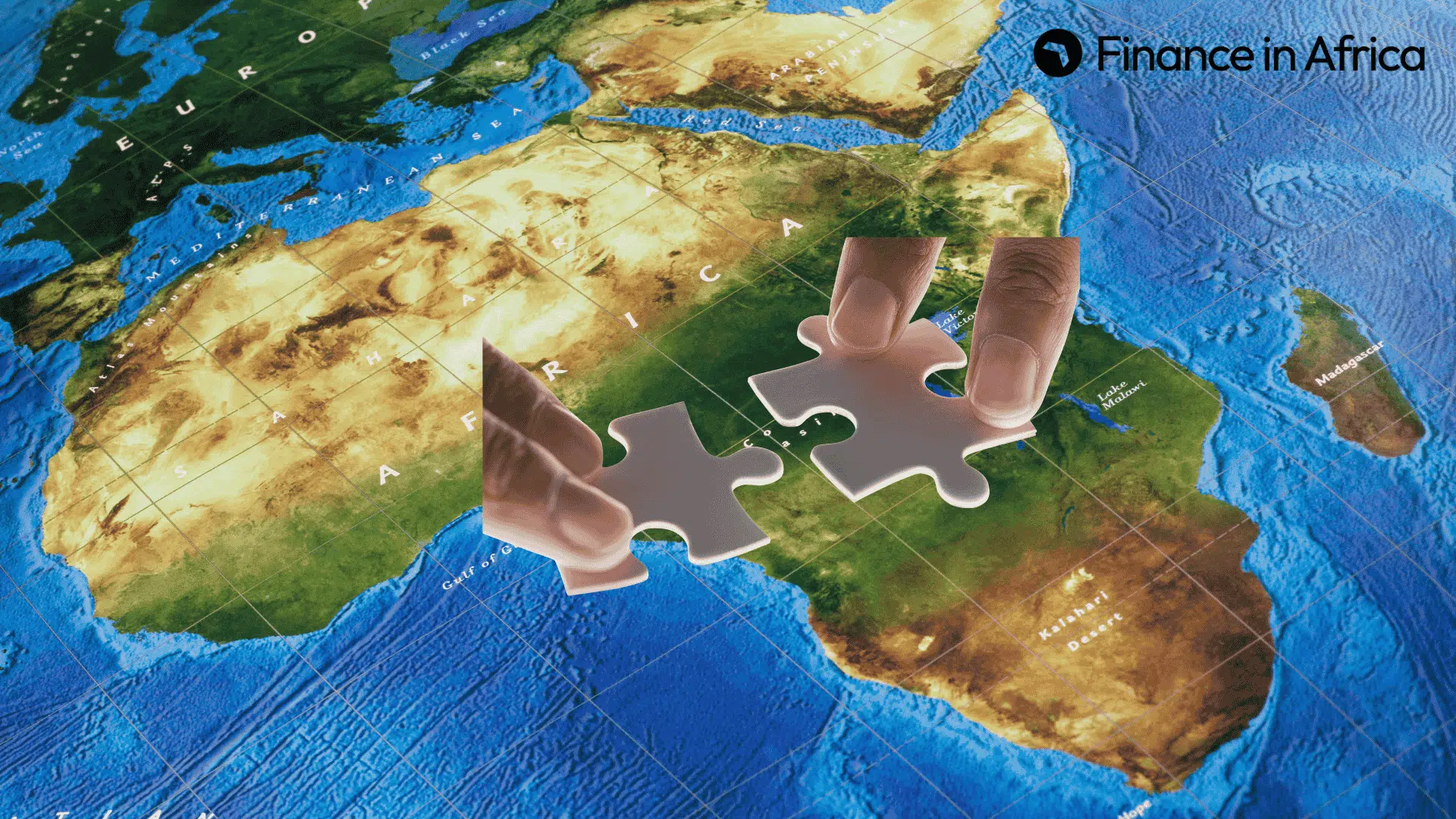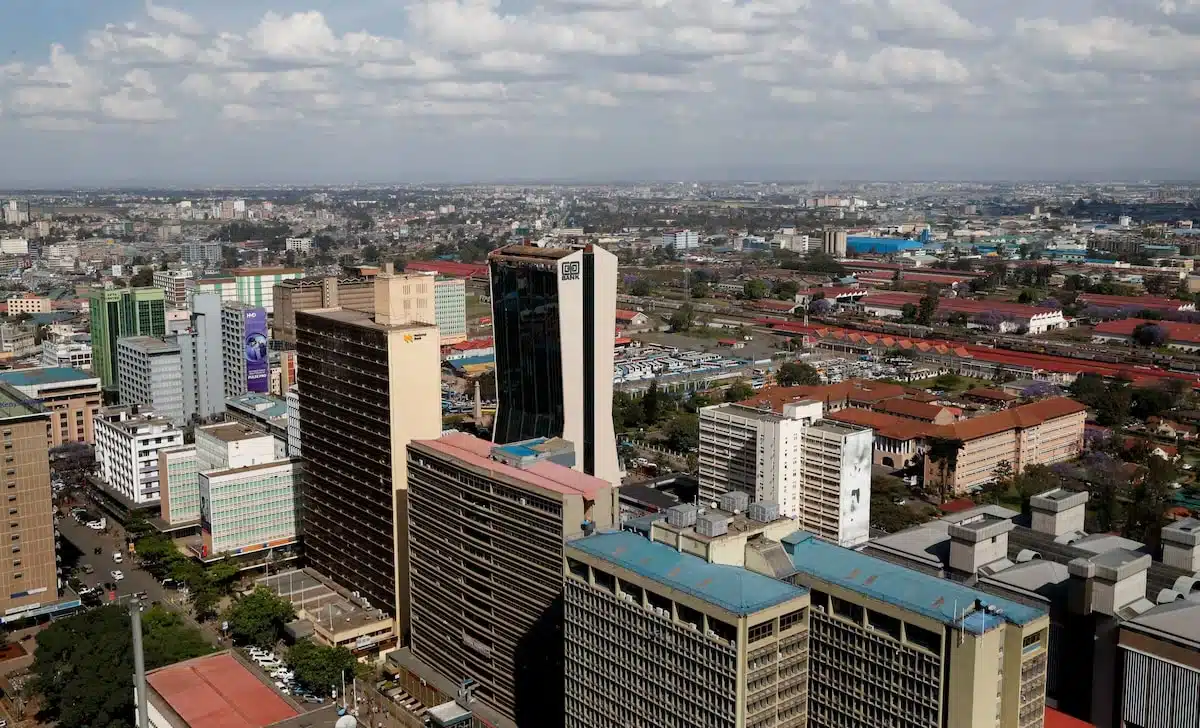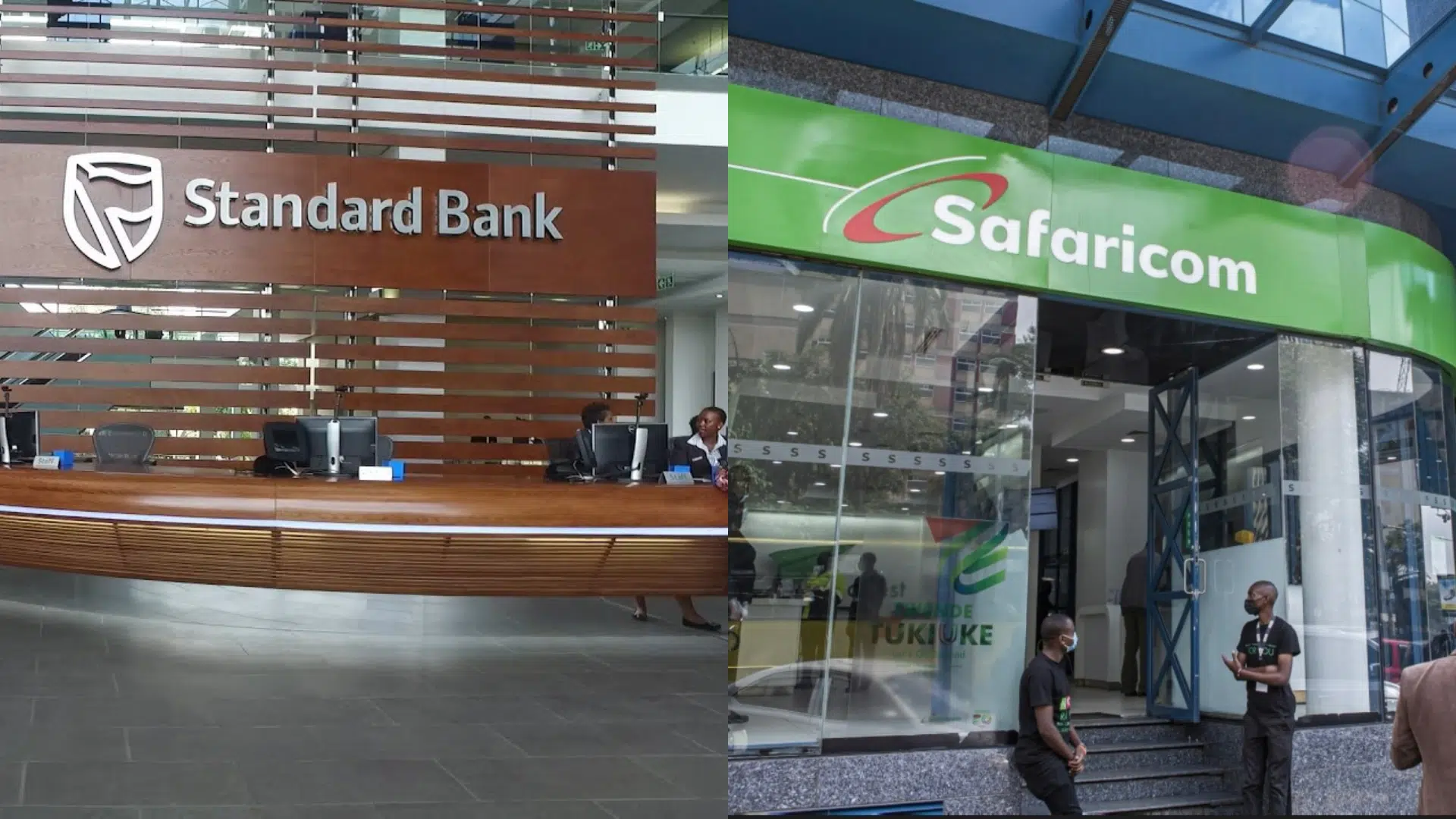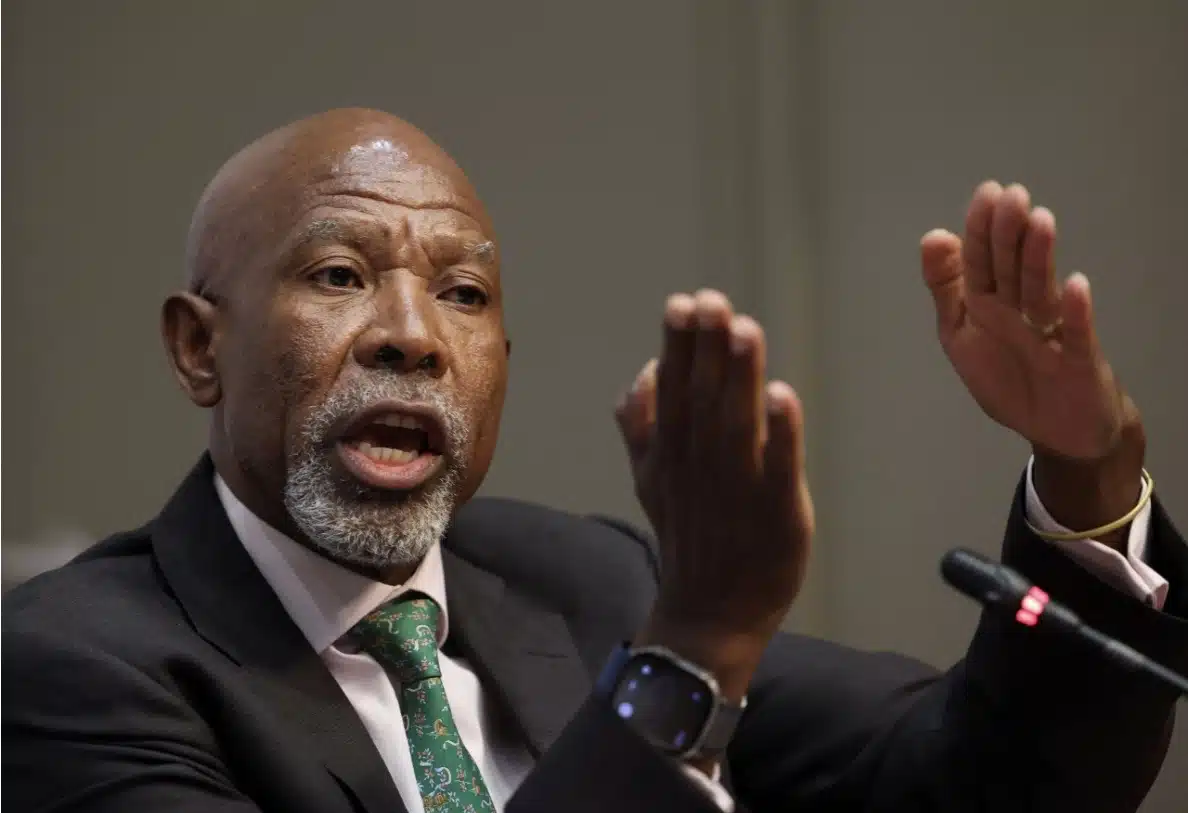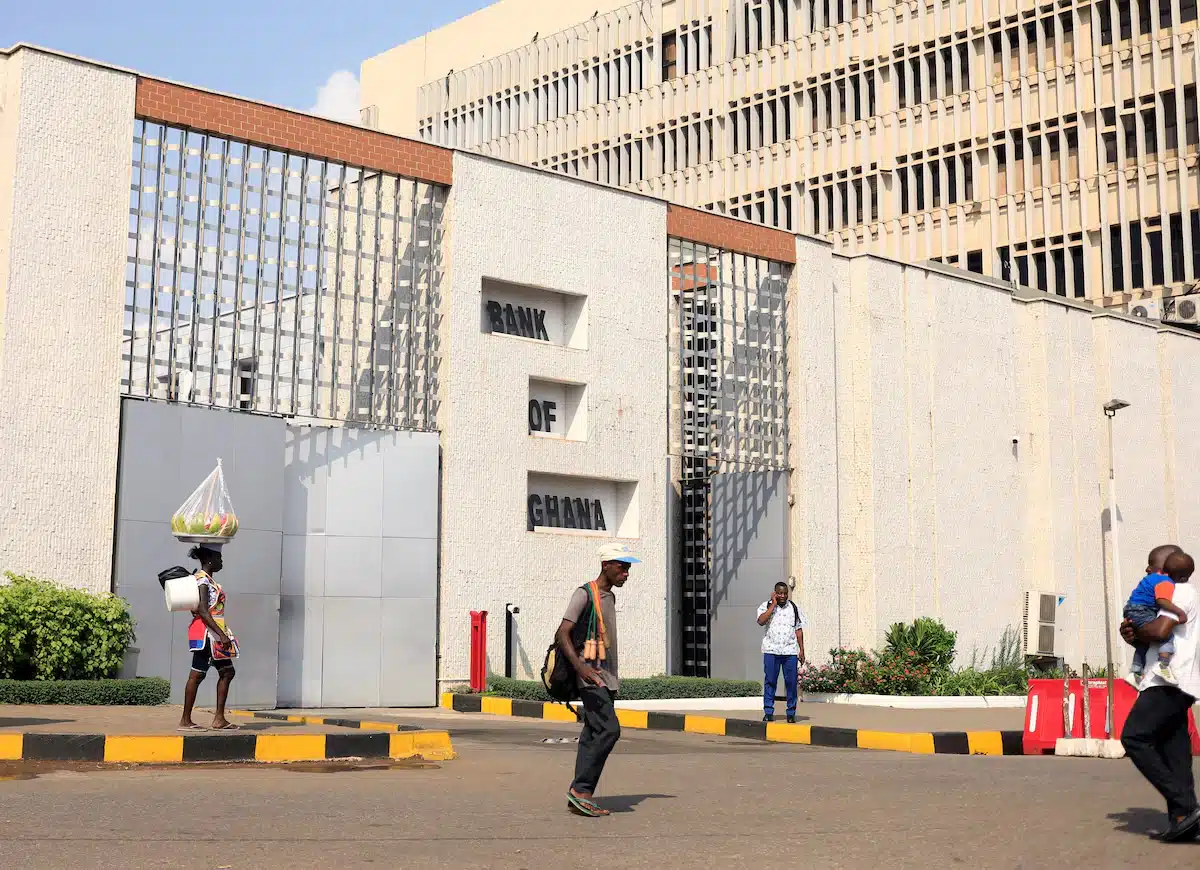When investment executive Logan Hufkie first used Ansarada’s AI-powered virtual data room, it felt like a leap into the future. “It’s the iPhone of virtual data rooms,” she said — intuitive, user-friendly, and built to streamline every step of a deal.
Her analogy, cited in DealMakers Africa’s Q2 2025 report, captures a quiet revolution in African mergers and acquisitions. Artificial intelligence is no longer a shiny add-on; it has become the engine that drives how deals are sourced, assessed, and closed.
Across the continent, AI is transforming the entire M&A lifecycle — from identifying targets to automating due diligence and smoothing post-merger integration. The technology promises speed, precision, and insights that human teams alone struggle to match, while also exposing new risks for dealmakers to navigate.
The shift comes as Africa’s private-equity market shows signs of strain. Excluding South Africa, total deal value fell to $4.67 billion in the first half of 2025, down 15.4% from $5.52 billion a year earlier and more than 50% below the $10 billion logged in the first half of 2019, according to DealMakers.
AI in the M&A deal cycle: from prospect to integration
Across the continent, AI is streamlining tasks that were once tedious, costly, and error-prone. M&A specialists Njeri Wagacha and Wambui Kimamo, quoted in the DealMakers report, highlight where the impact is greatest.
Deal sourcing and target identification
AI platforms can now scan huge volumes of structured and unstructured data — from financial reports to market chatter — to identify targets that match a company’s strategic objectives. Predictive analytics help forecast returns and market shifts, allowing investors to uncover opportunities in days rather than months.
Due diligence through automation
Due diligence, traditionally the most resource-intensive stage of a deal, is being transformed by natural language processing tools. They review thousands of pages of contracts, compliance files and operational reports, flagging anomalies or red flags that human teams might miss. The result: faster timelines and reduced legal exposure.
Post-merger integration
Integration has long been more art than science. AI brings new precision by modelling “what-if” scenarios to spot synergies, anticipate bottlenecks and even analyse employee sentiment to defuse issues before they escalate. This data-driven foresight makes smoother integrations more achievable.
“From deal sourcing through due diligence, negotiation and post-merger integration, companies are leveraging AI to gain competitive advantages and unlock greater value,” the M&A experts said.
There are cracks in the promise of AI
AI’s promise in African dealmaking is real, but so are its constraints.
Data recolonisation
Most leading AI platforms are developed and trained outside Africa. They excel in New York or London but often misread local realities — regulatory nuances, cultural norms or informal networks. Analysts warn that this over-reliance risks “AI recolonisation”: dependence on tools not designed for African contexts.
Data quality
AI is only as good as the data it draws from. Gaps in financial reporting, the dominance of informal economies and slow digitisation of company records create a “garbage in, garbage out” problem that blunts AI’s effectiveness.
Cost barriers and the human Factor
Enterprise AI solutions remain expensive, putting them out of reach for many small and mid-sized advisory firms in Lagos, Nairobi or Accra and widening the gap with elite players. And even where tools are affordable, algorithms cannot yet capture the intangibles that often decide African deals — trust, personal relationships, political sensitivities and informal influence. Human judgment and cultural fluency remain irreplaceable.
As the DealMakers report notes, “cultural and qualitative factors — leadership alignment, employee engagement and stakeholder relationships — remain difficult for AI to fully evaluate, underscoring the continued importance of human judgment alongside AI insights.”
Global momentum, African realities
While Africa is still building AI capacity, global investing offers clues to what works. Asset managers use AI for stock picking, portfolio optimisation and risk assessment, scanning vast datasets — from earnings reports to social sentiment — to uncover patterns humans might miss. Retail investors are also gaining access to AI-powered platforms that provide stock ratings and automated portfolio suggestions once reserved for professionals.
Yet even in advanced markets, adoption is uneven. A FINRA Investor Education Foundation survey of more than 1,000 U.S. adults found that 63% still consult financial professionals and 56% rely on friends and family for advice, while only 5% turn directly to AI tools. About 25% use financial apps that embed AI without realising it.
For Africa, these lessons matter. AI could democratise access to investing insights and make cross-border deals easier. But weak data infrastructure and patchy reporting heighten the risk of poor outputs. Transparency, trust and governance will be critical. The promise is real — but so are the pitfalls if imported systems are not adapted to local realities.
Building a path for AI in African investment
Africa’s investment community faces a choice: remain a consumer of imported platforms, with all their biases, or cultivate home-grown AI solutions trained on African datasets, legal frameworks and business cultures.
Some signs are promising. The AI Trends Report 2024 highlights generative-AI pilots in African fintech firms and retail chains, where chatbots and automated credit scoring are improving efficiency. But in the M&A and larger investment space, localised solutions remain rare.
Experts warn that without investment in its own AI ecosystem, Africa risks a new form of dependency. “The biggest threat for me is colonisation,” says Senegalese AI policy expert Seydina Moussa Ndiaye. “We may end up with large multinationals in AI imposing their solutions throughout the continent, leaving no room for creating local solutions.” Toyin Falola, a professor of African Studies, adds: “Just as colonial powers once partitioned Africa for its physical resources, AI giants are today partitioning us digitally. The raw materials this time are not minerals or oil, but our data, our identities, our behaviours.”
The outlook
The Ansarada example shows what happens when AI is designed with usability at its core: it becomes indispensable. Analyses from DealMakers and other experts show the world betting big on AI’s potential. The challenge now is ensuring that the next generation of AI-driven insights is not only smart but also African in design and impact.
For Africa’s dealmakers, the future may not be a choice between machine and human, but a collaboration — with AI freeing them to focus on what they do best: building trust, spotting opportunities others overlook and crafting strategies that fit the realities of African markets.

